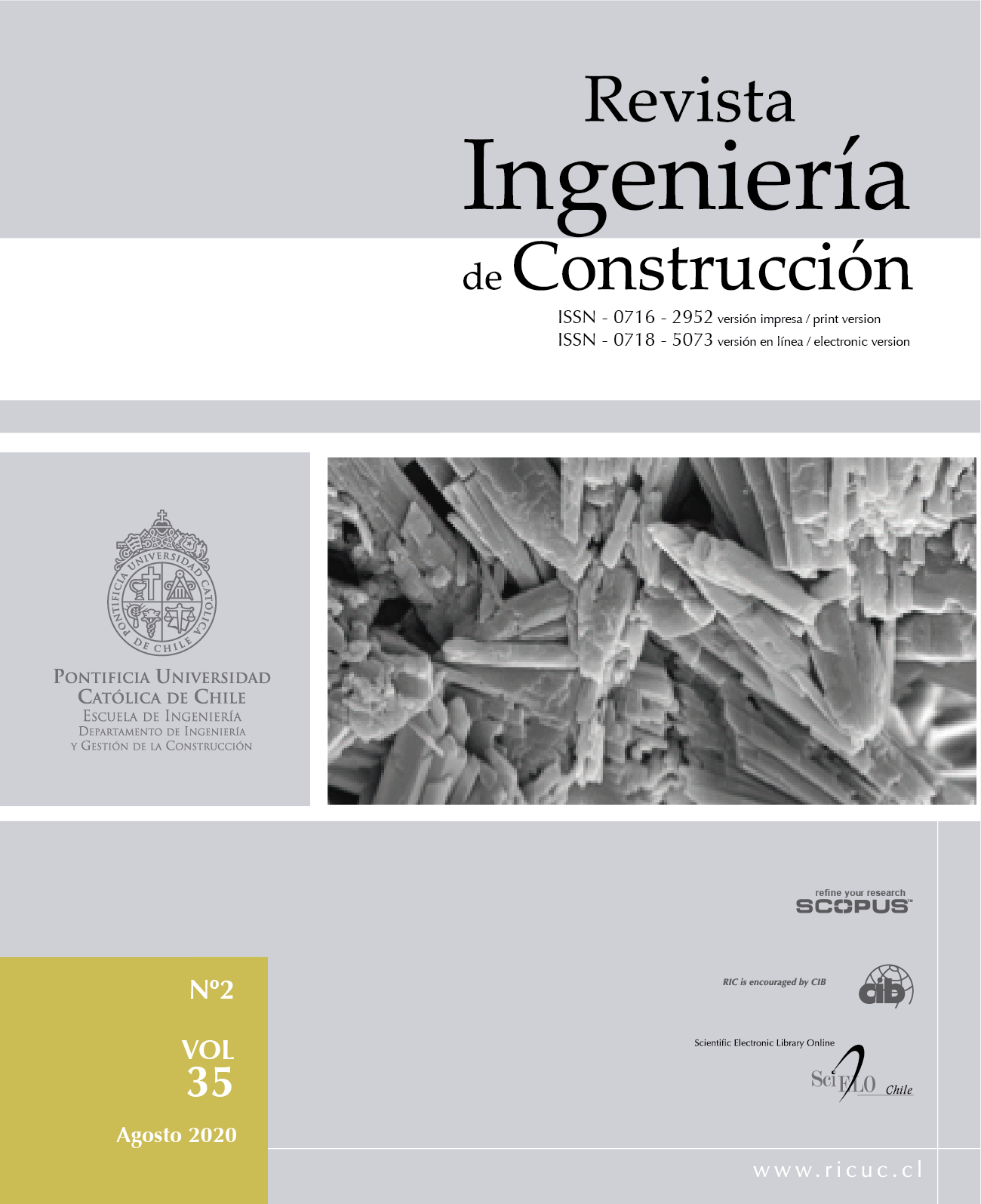Agent based modeling: a tool for construction engineering and management?
Keywords:
Agent-based modeling construction engineering and managementAbstract
Construction projects represent complex systems where the interactions between the multiple project resources and stakeholders change over time; however, traditional methods to manage construction projects typically cannot capture such complexity in its totality. Thus, limiting our understanding of such complexity on construction projects. A novel approach used to investigate complex adaptive systems, Agent-based modeling (ABM), allows modeling the interaction between multiple agents that leads to emergent behaviors. As such, this approach represents a feasible modeling technique to study the inherent complexity of construction projects by spending computing resources instead of actual resources, which can be more cost-effective. However, limited attention has been paid to this modeling technique in the construction and management field. This paper aims to discuss guidelines for implementing ABM in the construction sector by discussing its benefits and limitations. It was found that ABM allows the incorporation of otherwise unaccounted complexity associated with construction processes and projects. However, a limitation of ABM is that data to validate models can be difficult to obtain. It is expected that this study helps to encourage the use of ABM in the context of the construction engineering and management field to fully capture the complexity of construction projects and processes.


